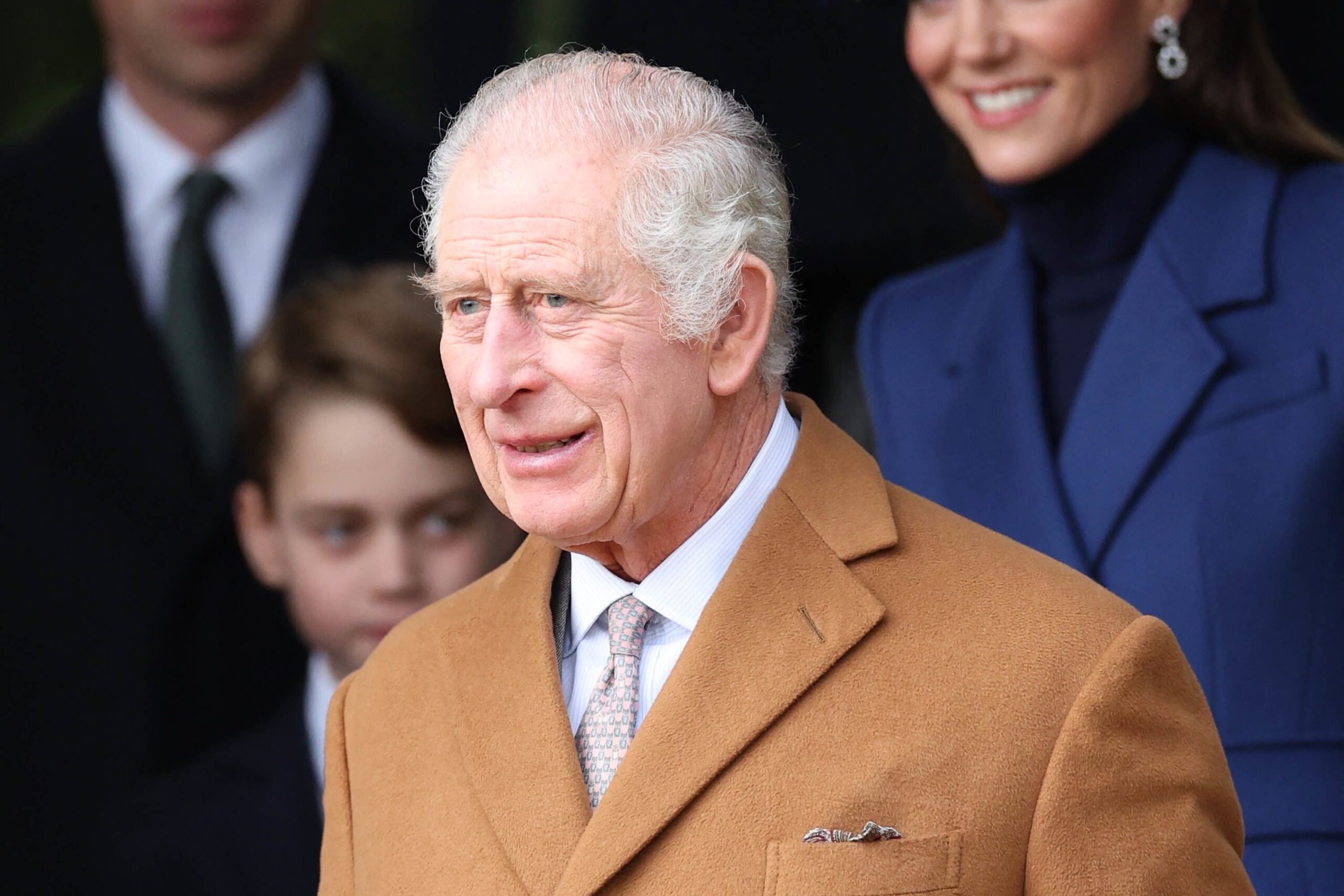In an unexpected turn of events, Buckingham Palace has confirmed that King Charles III, at the age of 75, has been diagnosed with cancer. This revelation follows closely on the heels of his discharge from a London hospital, where he was treated for an enlarged prostate, a condition that was initially described as benign. The King’s health has been a national concern, especially given his recent hospitalization for a separate procedure.
The diagnosis was made after the King experienced symptoms prompting a medical check-up at his Birkhall, Aberdeenshire, Scotland residence. Despite the initial treatment for his prostate, further tests revealed a separate cancerous condition, the specifics of which remain undisclosed, in line with the royal family’s tradition of medical privacy. A palace source, however, confirmed to CNN that the diagnosis is not related to prostate cancer.
The King’s health situation has garnered widespread attention, including from British Prime Minister Rishi Sunak, who optimistically noted that the cancer was “caught early.” The Prime Minister expressed his hopes for the King’s full recovery and the effectiveness of his treatment.
King Charles has shown resilience and a positive outlook during this health scare. He was recently seen in public for the first time since his hospital stay, appearing in good spirits alongside Queen Camilla. Despite the diagnosis, the King has begun outpatient treatment and remains committed to his official duties, albeit with some adjustments to his public engagements.
The royal family has rallied in support, with Prince William set to resume public duties and Queen Camilla continuing her whole program of engagements. The diagnosis has also led to a transatlantic visit from Prince Harry, highlighting the family’s unity during this challenging time.
As the King undergoes treatment, there are constitutional safeguards in place should his health impede his ability to perform his royal functions. These include appointing “counsellors of state” and enacting a regency in more severe cases.
This health development has sparked a national conversation about the monarchy’s transparency regarding medical issues and its impact on public duties. As the King faces this personal challenge, the support from his family, government officials, and the public underscores the nation’s collective hope for his recovery.
King Charles III’s cancer diagnosis has brought forth an outpouring of support and concern from both the public and official quarters. While the royal family typically maintains a private stance on health matters, disclosing this diagnosis reflects the King’s commitment to transparency in circumstances that could affect his public responsibilities. As he embarks on this treatment journey, the resilience and adaptability of the monarchy are once more brought to the forefront, reminding us of the enduring strength and unity that characterize the British royal family.







